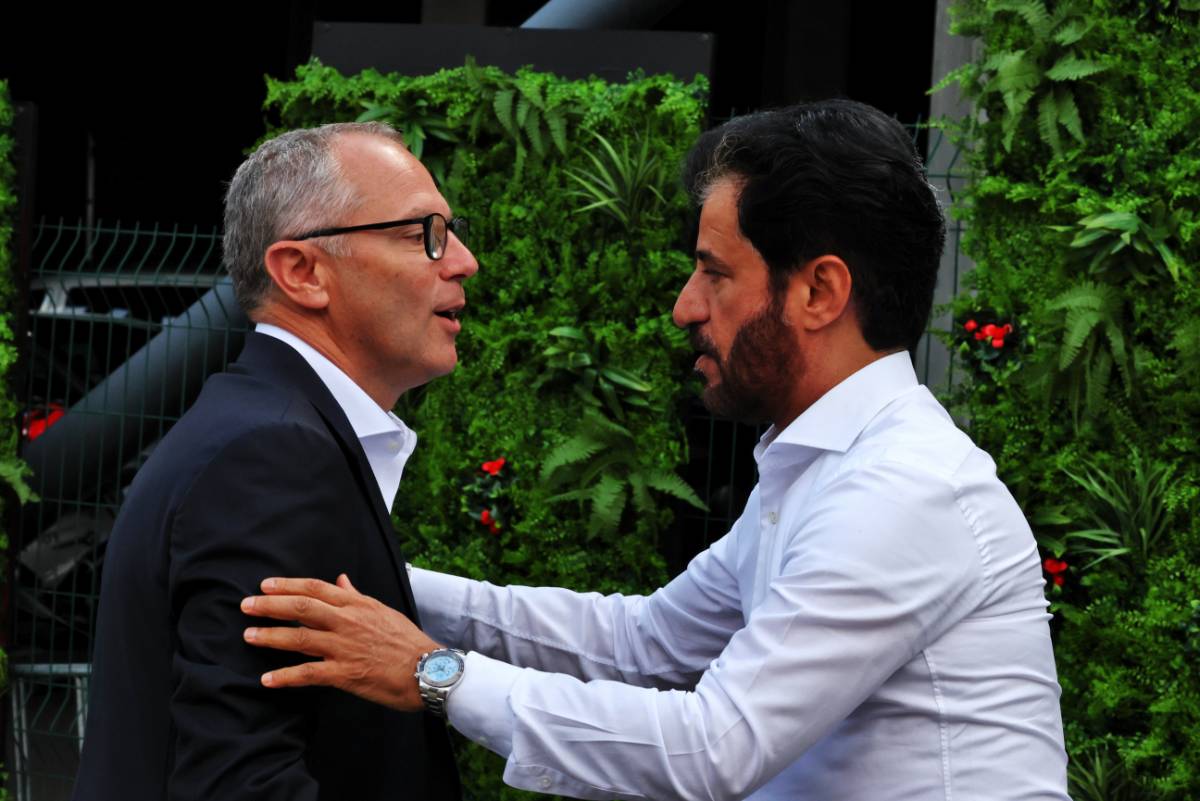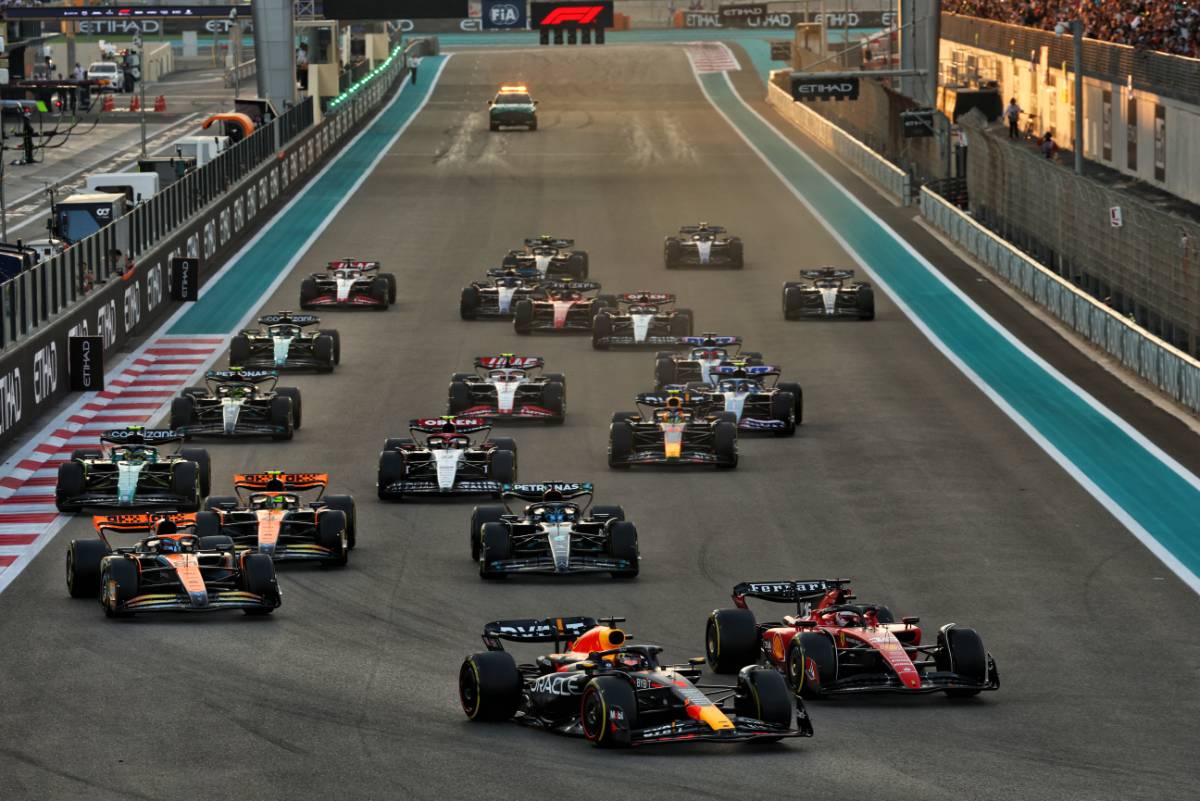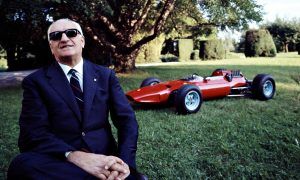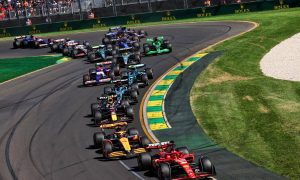
Who's really in charge of F1?
Control over Formula 1 is divided between commercial rights holders Liberty Media and the FIA, global motorsport's governing body. It's always been a prickly, uncertain relationship but in the last year things have been growing steadily worse. How long can that continue, and what are the options for the future?
The idea behind the way F1 is governed is that the FIA is responsible for sporting matters, while Liberty Media owns the commercial rights and all aspects of running F1 as a business which are entrusted to its affiliate Formula One Management. In the 1980s there was little doubt about who was in overall charge, with the FIA's outspoken Jean-Marie Balestre fully in control while Bernie Ecclestone largely kept out of the way and concentrated on his job of making as much money as possible from race promoters and TV networks.
However that changed under Balestre's successor Max Mosely, who was in post from 1993 to 2007. He and Ecclestone got on well, and Mosely was happy to leave Ecclestone acting as F1's troubleshooter and 'fixer', addressing all manner of problems and arguments that blew up within the sport. When the conflict-adverse Jean Todt took over at the FIA he had no reason to stir things up and left Ecclestone to get on with it. By now, Bernie was routinely dubbed 'F1 supremo' in the media, such was his power and influence over the sport.

But Ecclestone didn't own F1, he simply ran it for the actual investors and equity funds who did. When CVC Capital Partners sold the rights to billionaire John Malone's Liberty Media in 2017, Ecclestone soon found out how just how dispensable he actually was. Liberty was in town, and the Americans had their own idea how to run things. After all, they had paid $4.6 billion for the rights so they were under the impression that it meant they really did own the sport, rather than a bunch of amateurs working out of a small suite of offices in Paris.
All was well as long as the FIA under Todt was prepared to accept they were now firmly second chair. The best example was the way the 2022 rules and regulations were revised, with everything being handled by Liberty's director of motorsports Ross Brawn and his team of experts fronted by ex-Renault and Williams man Pat Symonds.
Technically these were sporting matters under the auspices of the FIA, but in this case all the FIA was required to do was rubber stamp the recommendations. Liberty argued that the new rules were to improve the sporting spectacle and therefore fell into its promotional purview of maximising the sport's entertainment and commercial offering. In their view, the FIA had no grounds to interfere.
Continued:






